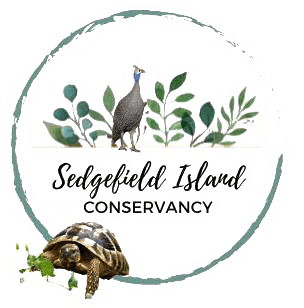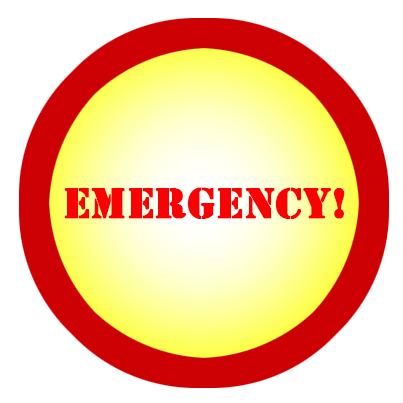Pest Control: Weeds
Image © Josef Stulz
The valuable role of Weeds
A ‘weed’ is a human term that means “I don’t want this plant growing here!” The photo is of Capeweed (Arctotheca calendula or Arctotheca prostrata), an important food and nutritional source for tortoises on the Island. A pretty plant with scalloped leaves and yellow-daisy flowers.
Its only crime is that it grows in your lawn!
We could probably write a similar paragraph about most ‘weeds’ that grow in our gardens. Very few self-sewn plants are harmful.
The solution is to see naturally occurring plants as part of what you implicitly signed up for when you came to live in The Island Conservancy. Allowing natural flora to intermingle in your flowerbeds and lawns creates a richer and more interesting garden and shows your support for conserving our natural heritage.
The Dangers of Herbicides
Weed killers kill the food sources of tortoises and leave a toxic load in terrestrial insects, plants, the water and the soil. Using poisons that eradicate our tortoises and birds makes no sense.
Many herbicides contain glyphosate or other chemicals that are toxic to non-target plants and animals. When applied to lawns, gardens, or public spaces, these chemicals can leach into the soil and waterways, contaminating the environment and harming wildlife. Download The African Centre for Biosafety's article on glyphosate.
For species like the angulate tortoise, that rely on specific native plants for food, the use of herbicides can be particularly devastating. The destruction of these plants not only reduces the availability of food but also disrupts the tortoises’ ability to obtain essential nutrients. Over time, this can lead to malnutrition, weakened immune systems, and population declines.
How to Manage Weeds
Reducing the use of herbicides requires a shift toward more sustainable landscaping practices. Some effective alternatives include:
Manual Removal: Pulling weeds by hand or using tools to remove them without chemicals.
Mulching: Applying mulch to suppress weed growth and retain soil moisture. Stop putting all the leaves in blue bags for removal, rather leaving them in the beds to protect the soil and create natural compost.
Native Planting: Choosing native plants that are well-adapted to local conditions and require less maintenance.
Organic Herbicides: Using plant-based or biodegradable herbicides that are less harmful to the environment is an option, but the product’s accompanying literature should be carefully checked for impact on animals, fish, etc.

Protecting our Natural environment whilst creating a better environment for people.
+27 (0)83 376 7846
Quick links
Follow us
Newsletter
Subscribe now to get our newsletter.
Created with © systeme.io




